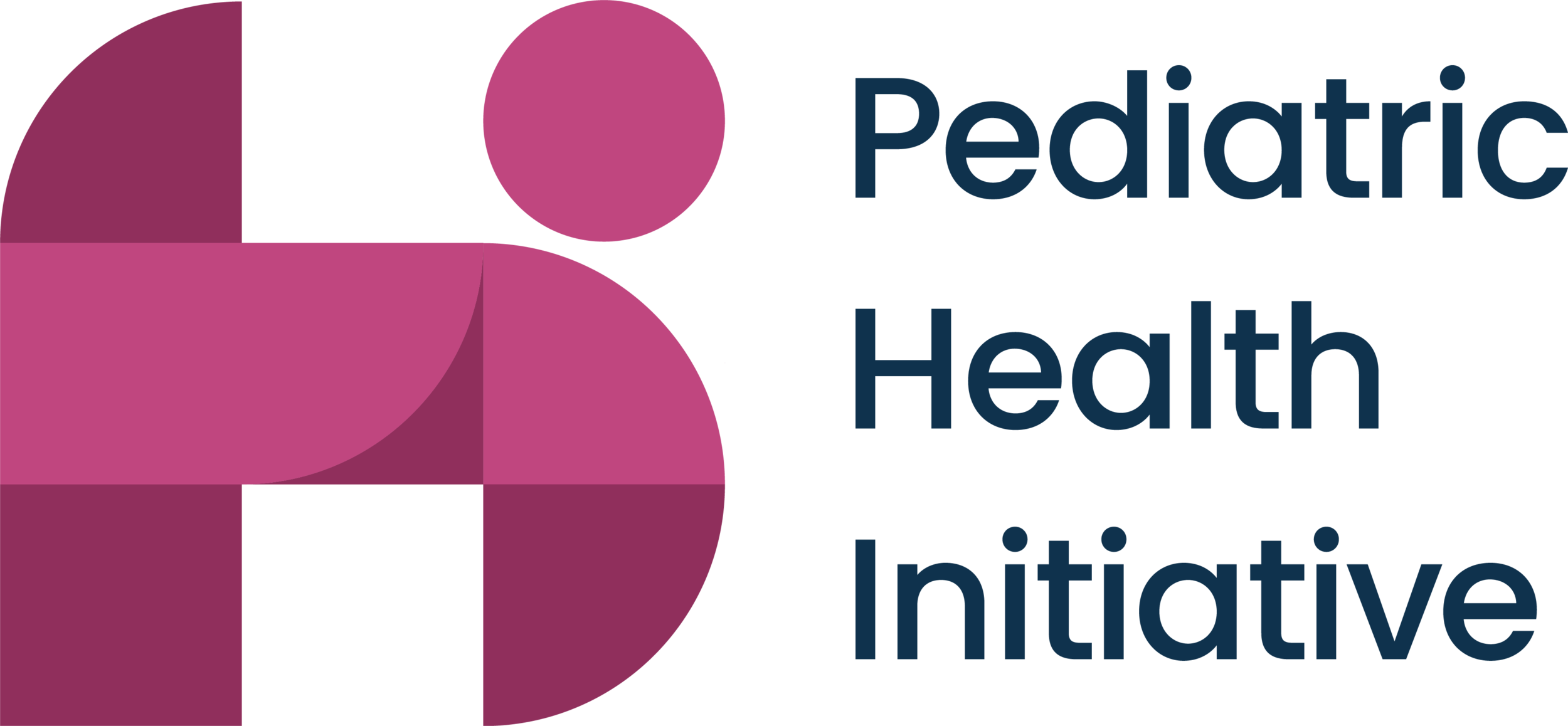DAR ES SALAAM - TANZANIA
The Critically Ill Child project
The collaboration between Astrid Lindgren Children’s hospital in Sweden and the Pediatric Department at Muhimbili National Hospital in Tanzania was started by pediatric doctors and nurses in late 2014. The aim of the partnership is to improve the care of critically ill children in low resource settings in general, and in Dar es Salaam specifically.
Despite recent years’ reduction of global child mortality, 49 of 1000 Tanzanian children will not experience their 5th birthday (UNICEF 2015). More than five million children under the age of five die each year in low-income countries (2017), many of those in sub-Saharan Africa, and the majority due to treatable infectious diseases. Global initiatives to enable preventive measures, such as vaccination and nutrition, as well as improved primary health care and with general poverty reductions, are considered to be the reasons behind the recent decline in mortality. However, even with a well-functioning primary healthcare system, some children will still need advanced hospital care. Many of the children arriving at hospital have already reached a serious, advanced stage of illness, and their survival is dependent on rapid assessment and treatment.
Emergency care as weakest link
Emergency care has been identified as one of the weakest links in healthcare systems in low-income countries. Half of all pediatric hospital deaths occur within the first 24 hours after admission, and appropriate care is many times impeded by inadequate assessment, case management and treatment along with insufficient monitoring. Emergency treatment areas are often poorly organized and may lack essential supplies. The poor outcome of hospital admissions may be partly explained by resource constraints and staff shortage. Furthermore, doctors and nurses that care for sick children, often lack any formal training in resuscitation.
Emergency Triage Assessment and Treatment
In response to these findings, the World Health Organization (WHO) developed the Emergency Triage Assessment and Treatment (ETAT) guidelines to facilitate a structured way of managing the critically ill child in low resource settings. Results from ETAT trials have shown that implementing guidelines for emergency care, and continuous training in life support skills, can improve management of sick children and reduce the numbers of in-hospital deaths, without large financial resources or advanced technology.
Courses and staff exchange
The collaboration between Astrid Lindgren Children’s hospital and the Pediatric Department at Muhimbili Hospital in Dar es Salaam focuses on improving the care of critically ill children through training courses and exchange of pediatric staff between the two hospitals.
Our collaboration began in late 2014, planning activities for the course ”Care of the critically ill child” which was held for 30 Tanzanian doctors and nurses in Dar es Salaam in May 2015. The course was followed by a staff exchange in November, whereby two Tanzanian doctors visited Astrid Lindgren Children’s hospital for two weeks, and - among other things - attended training sessions at the Karolinska Centre for Advanced Medical Simulation Training (CAMST). The interactive course in “Care of the critically ill child” has been available three times more at Muhimbili (latest one in January 2020) and we have had a total of 10 staff exchanges with Tanzanian colleagues visiting Astrid Lindgren Children’s hospital.
Training educators at CAMST
Since 2016 the “Critically ill child”-collaboration has aimed to establish simulation training capacity at Muhimbili by training Tanzanian staff to become case scenario facilitators. A total of eight doctors and nurses have trained at Karolinska to achieve their CAMST scenario facilitator diploma, and the third ad fourth course in “Care of the critically ill child” was held by a joint Muhimbili-Karolinska team with Muhimbili staff as lead facilitators. Since 2018, scenario training with and for pediatric staff has been performed by the Muhimbili CAMST-instructors in the pediatric wards at Muhimbili hospital, as a part of the daily work in the pediatric department.
Simulation at CAMST Karolinska with colleagues from Muhimbili
Upcoming activities
The staff exchange will continue to strengthen our collaborative bonds and to teach us about the possibilities and challenges found in our different settings.
The aim of the “Critically ill child”-collaboration is to provide continued support for simulation training courses, and consolidate our team skills to providing emergency care courses and scenario training sessions. The long-term goal is to have an independent team of facilitators at Muhimbili, contributing to improve the skills in emergency care management of pediatric doctors and nurses in Dar es Salaam.
ETAT course and “in situ” simulation at Muhimbili January 2020



